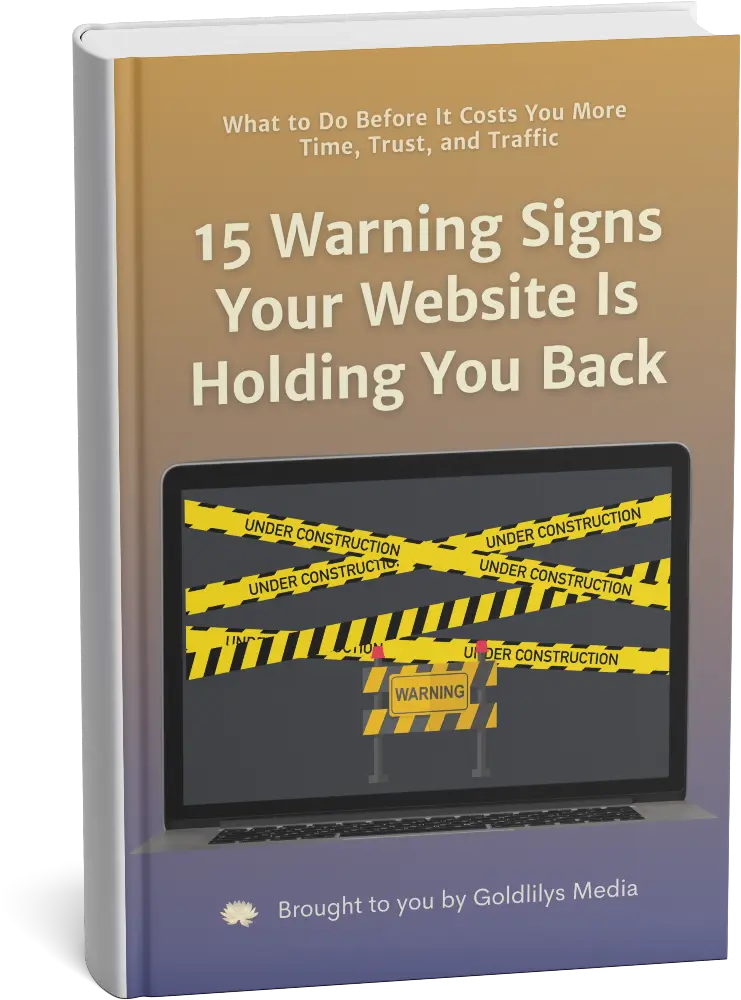
Starting your first e-commerce business is equal parts thrilling and overwhelming. You’ve got an idea, maybe even a little capital, and a dream of making it work. But once you dive in, you quickly realize there’s a lot more to it, marketing, logistics, branding, customer service, and let’s not even get started on taxes. It’s easy to get lost in the noise, but here’s the good news: you don’t need a trust fund or an MBA to build something great. You just need smart strategies, a little patience, and the willingness to learn as you go.
It’s tempting to chase what’s hot right now—AI gadgets, eco-friendly water bottles, or whatever’s blowing up on TikTok. But trends fade fast, and you don’t want to be left with a warehouse full of unsellable inventory. Instead, focus on something that combines demand with longevity. Look for a niche where you can solve a problem, offer a fresh angle, or build a loyal audience. If you can find a category where people spend money consistently, you’ve got a much better shot at long-term success.
Too many new entrepreneurs fall into the trap of spending months (or years) perfecting a business before ever making a sale. Avoid that mistake. Instead, start lean, maybe with a dropshipping model, a small batch of inventory, or even pre-orders. Get proof of concept first. If people are willing to buy, you’ll know it’s worth scaling. If not, you can pivot before sinking thousands of dollars into something that wasn’t going to work anyway.
Consider a Bachelor of Business Management degree to strengthen your leadership, operations, and project management skills, key areas for building a thriving company. Earning an online business degree allows you to develop expertise in finance, marketing, and strategy while keeping your business running smoothly. The flexibility of online learning means you can immediately apply new knowledge to real-world challenges, making it easier to refine your decision-making and growth strategies. By investing in your education, you equip yourself with the tools to navigate entrepreneurship with confidence and long-term success.
Your e-commerce store isn’t just a place to sell things, it’s a brand. And in a crowded market, branding is often what sets you apart. A strong name, a clean website, and a consistent social media presence go a long way. But beyond aesthetics, your brand needs a story. People connect with authenticity. Whether it’s your mission, your product origin, or your personal journey, give customers a reason to buy from you instead of the next guy.
If you build it, they won’t necessarily come. E-commerce is a game of visibility, and if you’re not investing in marketing, you’re dead in the water. Learn the basics of SEO, Google Ads, and email marketing. Get comfortable with social media, especially platforms like Instagram, TikTok, and Pinterest, where product discovery is high. Don’t be afraid to test different ad strategies until you find what works. The best part? You don’t need a massive budget to start. Even $5-a-day Facebook ads can generate real data on what converts.
Want to beat the big guys? Focus on customer experience. Fast shipping, seamless returns, and personalized service make a huge difference. The little things, like handwritten thank-you notes, surprise discounts, or responsive support, turn one-time buyers into lifelong customers. In the long run, a great reputation and word-of-mouth marketing will save you more in ad costs than any fancy campaign.
Your first website won’t be perfect. Your product photos won’t be as polished as Apple’s. Your first batch of ads might flop. And that’s okay. Entrepreneurship is about iteration. If you get stuck in the cycle of waiting until everything is flawless, you’ll never launch. Get your store live, learn from real customers, and improve as you go. Progress beats perfection every time.
Profit margins, ad spend, customer acquisition costs, these aren’t the most exciting parts of e-commerce, but they make or break your business. You don’t need to be a finance expert, but you do need to track your numbers. Too many first-time entrepreneurs make sales without realizing they’re actually losing money. A profitable business isn’t just about revenue, it’s about knowing exactly how much you keep after expenses.
Starting your first e-commerce business in your 20s or 30s is one of the best moves you can make. You have time to experiment, fail, learn, and try again. But don’t let analysis paralysis stop you. The key is to start, small if you have to, scrappy if you must. Keep learning, keep adapting, and remember: every big brand once started as just an idea too.






Not ready to commit yet?
I get it.
Get my free guide:
"15 Warning Signs Your Website Is Holding You Back"